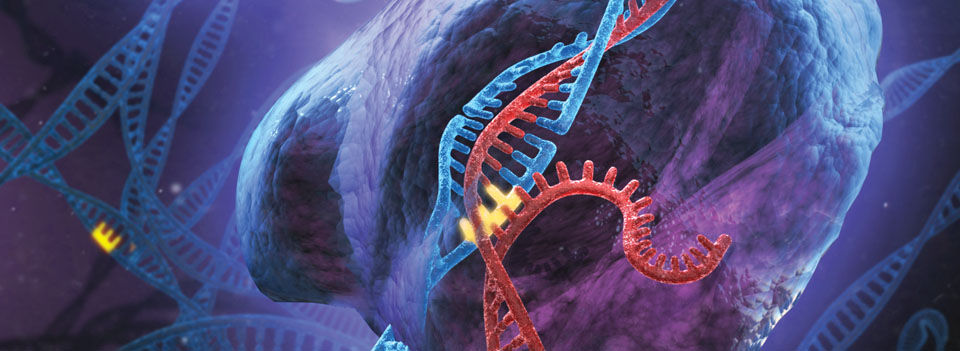Whenever the topic of my career choice (molecular biology) comes up, my memories always take me back to when I first saw the movie Gattaca.
I was barely a teenager then and over the years, like all great pieces of art, I continue to find renewed ways to appreciate this movie every time I revisit it.
The execution of movie making in Gattaca (the haunting score by Michael Nyman, the excellent set design and acting) are all of a very high caliber. But what I recall most from my first viewing of the movie was how I was drawn to the central conflict present in the protagonist Vincent Freeman’s story (played by Ethan Hawke): his greatest hope and fear are both inspired by cutting-edge scientific research.
On one hand he is discriminated against due to his “inferior genetic composition”, assessment of which is enabled by instant genetic analysis and diagnosis. But despite all the odds, what drives him to dream and to seek purpose in his life is his yearning to travel into space and explore worlds beyond his own. His life is seemingly driven by the push-pull of these bipolar forces which are both driven by tremendous scientific advances and ultimately the story culminates in celebrating the triumph of the human spirit.
I revisited the movie for a second time when I was already in grad school and working towards earning my PhD. Around this time, the landmark Genetic Information Nondiscrimination Act of 2008 (GINA), which prohibits genetic information discrimination in employment in the United States, was in the process of being implemented as law. Around that time, I had some very engaging and interesting debates on genetic research, its implementation and ethical use in society.
Despite the passing of the GINA Act, concerns remain over a lack of consensus on a broader framework for the evolution of “Genetic Citizenship” and its interpretation within different nations and societies around the world. There is always a fear about the use of genetic determinism. Application of genetic technology in making decisions on a societal scale continue to emerge, as in the use of “Jewish Genes”, and there continues to be a need for nuanced debates on individual rights versus those of society, as it pertains to Genetic Citizenship.
From a purely technical position, since Gattaca was released in 1997, research in the fields of genetics and whole genome sequencing in particular has improved by leaps and bounds, though it has yet to reach the fictional levels of speed and efficiency envisaged in the movie. As NanoString’s Michael Rhodes recently pointed out “I am a firm believer that they were very clever in that film. I mean they didn’t try to explain how it worked”.
Did any movie or art inspire your own research? Please share your stories with us at Facebook or Twitter.
By Mukundh N. Balasubramanian, PhD, Marie Curie Interfaces – BioSistemika LLC












